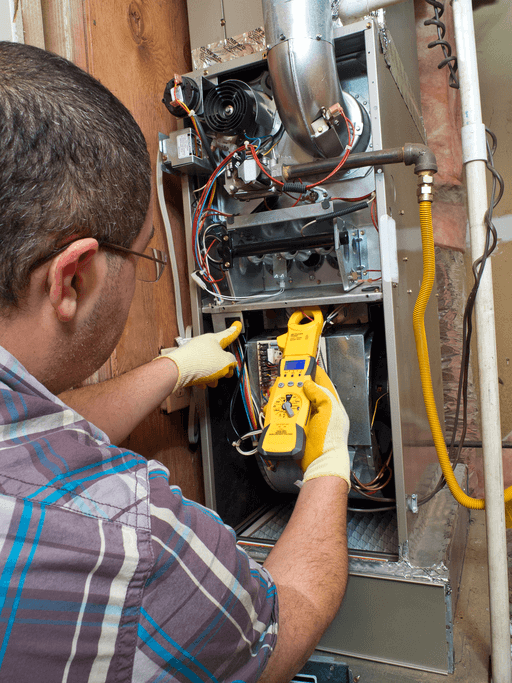How to Know it’s Time to Replace Your Furnace or Boiler
 When it comes to determining whether or not it’s time to replace your furnace or boiler, there are a number of factors that may play into the decision. However, much of the final choice comes down to personal preference. You likely know someone (or have been the one) who drives a car until it pretty much falls apart. Some homeowners take a similar approach to their heating units. Others might opt for upgrading sooner in the name of comfort, efficiency, or higher rates of reliability. Whatever side of the spectrum you may lean toward, these are a few of the things that are worth running through in your ‘pros and cons’ list if you’re teetering on the decision.
When it comes to determining whether or not it’s time to replace your furnace or boiler, there are a number of factors that may play into the decision. However, much of the final choice comes down to personal preference. You likely know someone (or have been the one) who drives a car until it pretty much falls apart. Some homeowners take a similar approach to their heating units. Others might opt for upgrading sooner in the name of comfort, efficiency, or higher rates of reliability. Whatever side of the spectrum you may lean toward, these are a few of the things that are worth running through in your ‘pros and cons’ list if you’re teetering on the decision.
Furnace & Boiler Safety
While a lot of these leave room for interpretation, this one is non-negotiable. If your current heating system is putting you and your family in danger, the time for action is now.
Most systems in Colorado are supplied with natural gas, so if there is any flaw in the delivery system getting the gas through the system, and subsequent exhaust of the byproducts, it’s an urgent concern.
It’s not just the gas delivery and exhaust systems that you should be aware of, though. Your heating system also has electrical components that can become brittle over time, or damaged if exposed to water, creating potential fire hazards. Though it is rare for the tragic headline story of a family overtaken by carbon monoxide poisoning or homes lost in fires to become reality, it’s worth it to stay aware of the possibility.
If a tech finds a situation like this in your home, they may disable the unit so it cannot accidentally operate and expose your family and home to further risk, and then discuss your options for returning the unit to safe working condition.
Poor Reliability
Your heating unit may have some life left in it, but if you are experiencing one issue after another, the reliability (or lack thereof) may drive you just batty enough to call it quits with your current unit. Whether the issues are due to a poor design by the manufacturer, or a system that may not have been ideal for the particular home, if it’s becoming a nuisance to you, cutting your losses is always a worthy consideration. We’ve seen plenty of systems that looked good on paper, worked like charms for many other families, but in practice just didn’t make the grade.
Too Expensive to Fix
If you’re the type to drive the car until the bumpers fall off, or milk a system for every last drop before replacing, then you’re probably familiar with hitting this point at least once in your history. If you have an older unit, one that may be getting ready to kick the bucket anyway (15-30 years old) and it requires repairs, there’s a balance you should weigh. On the one hand, you may still be able to get a few more years of life before you’re absolutely required to get a new unit. However, if you’ve been driving that old junker around town long enough that it breaks down, then you know that sometimes the repair costs and associated breakdown hassles are more than what the car is worth.
The same may be true of your heating equipment. Rather than pouring money into repairing a unit that is on its last leg, or simply isn’t doing its best work for you and your home, it may be worth it to instead invest the would-have-been repair money into purchasing a new system.
Considering an Upgrade
Then there’s the tipping point of just wanting more from your heating system. It’s probably pretty obvious, but hey, we’ll say it anyway – new equipment is better than old equipment. Whodathunk, right? Sure, you can still purchase models today that are essentially the same as what was being produced 20 years ago, but there have been so many advancements in heating technology over the last two decades (understandably so) that upgrading might just be the thing to do.
Many existing systems (if your unit is 10 years or older this is especially true) are single stage systems, meaning they are either running at full blast, or off. It’s louder than necessary, with wider swings in temperature, and because of the relatively short run times, your humidification and air filtration systems have less a chance of success.
Multistage designs, however, regulate the heat output. They make less noise while in lower stages and temperatures are held within a tighter band of comfort.
Another consideration is simply the energy efficiency of your system. Maybe your furnace is costing you more than you’d like in utility bills. Maybe you’d love to reduce your carbon footprint. Heck, maybe you’re interested in doing both at the same time. There are heating systems on the market today with efficiency ratings as high as 98%. While a more efficient unit will cost you more upfront, over the life of the system, you’ll see the investment pay dividends.
As you can see, there’s a whole book’s worth of stuff to consider if you’re wondering whether or not it’s the right time to get a new heating unit for your home. Though it may seem like the cop-out answer, the timing is going to differ for everyone, as will the factors that led to the final tipping point of that decision. But if you’re looking for professional, honest service in the Denver/Boulder area, we’re here to help offer recommendations that are in the best interest of you and your family, your future plans, and your home.




